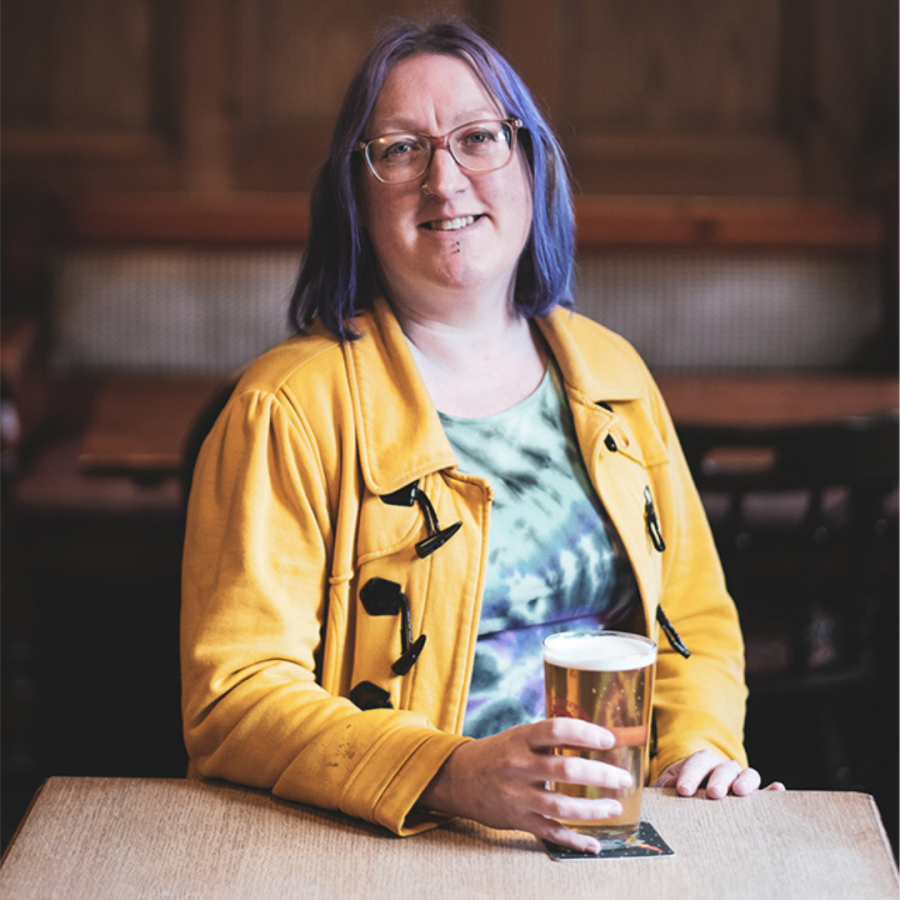Ukrainian Social Clubs have a proud heritage in the UK. They tend to be affiliated with the Association of Ukrainians in Great Britain, which was founded in 1946, but some clubs date back even further. Founded by Displaced Persons forced to flee Ukraine after WWII, they have been fortified and strengthened by new generations of migrants, refugees and British-born Ukrainians who work together to protect and share their culture, language and traditions.


On Cheetham Hill Road in Manchester, a Ukrainian Social Club was established in 1929 on a single rented floor. One of the key founders was Joseph Lesniowsky, who had come to the UK in around 1909 and became an important leader for the Ukrainian community. They moved premises several times before purchasing 188 Cheetham Hill Road in 1943. The bar in the club gave the centre an income to sustain its activities.
This club was heavily used during WWII. Ukrainians serving in the Polish Armed Forces under British command and those serving in the Canadian and US armies stationed in the UK came to join in the social and cultural activities that took place there.
After the war, there was another stream of people who gained a much-needed warm welcome at the Manchester Ukrainian Club. This wave of immigrants and displaced people who came to Britain in the aftermath of WWII are often referred to as the ‘old immigrants’ (stari emihiranty). They arrived from Displaced Persons camps in Western Germany, Austria and Italy. Some had been taken from their homes as forced labour by the Germans. Others had fled in fear of Soviet rule.
The Manchester Club still exists in the Cheetham Hill area, presently located on Smedley Road. But It wasn’t just this city that welcomed the new arrivals. Ukrainian communities and their social clubs were set up around the country.
“People breaking into song or dance is completely common,” Ewhen laughingly says of Bradford’s Club. “At our last Ukrainian Festival people were quite happily breaking into an old Ukrainian folk song at two or three in the afternoon, beer in hand! That is something that really unites Ukrainians in the UK.”
Become a CAMRA member today for unlimited free access plus many other membership benefits. Find out more